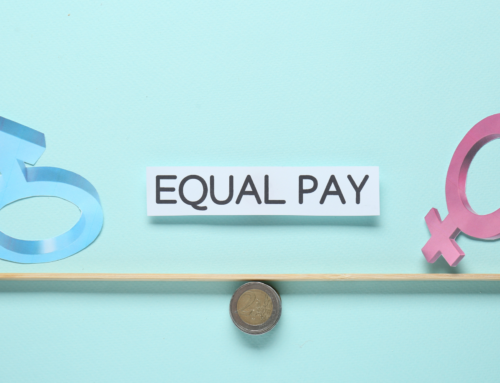While most employees are reasonably flexible and understand the give-and-take relationship required between an employee and their job, there are still those few who insist on watching (and milking) every minute as part of their entitlement attitude to work.
You know the person, the one who walks through the door right on start time (then spends 10 minutes making coffee, putting their lunch in the fridge, waiting for their computer to start up, and chatting about their evening to colleagues before starting actual work). The same person seems to spend a lot of time in the bathroom or the kitchen, is often wandering around away from their desk telling people how busy they are, and yet is always fully up on all the office gossip. The person who insists they get along with everyone, yet everyone complains that they don’t pull their weight. The same person who is packed up, with computer shut off, desk clear, coffee cup washed and out the door to the minute of knock-off time (with tasks still incomplete) … Never mind that the phone is still ringing and everyone else is pitching in to help with that urgent order for your biggest customer.
These types of behaviours are difficult to manage, as they can seem petty. Trying to manage them can cause angst for the employees who are doing the right thing.. as this person will be the first one to let everyone know how badly done by they are when they are approached by management to address this behaviour. It can also be very hard to actually quantify their behaviour for disciplinary purposes.
There are a few ways you can address this, but each must be approached carefully.
If you feel that many of your employees are time-wasting, the answer can be to set clear guidelines for all. While most modern awards allow for a 38-hour week, and many employees calculate this as arrival and departure time less a lunch break, unless your employee is sitting there working like a machine, it’s highly unlikely they are working every minute that they are at work. One answer is to set guidelines that fairly encompass what actually happens during the day at work to ensure that you are actually getting the time you are paying for, while complying with legislative and award guidelines.
Look at the calculations:
38 hour week = 5 x 7.6 hours per day = 7 hours 36 minutes
Morning: 9-12:30 = 3.5 hours
Lunch Break: 12:30-1 = 0..5 hour unpaid break
Afternoon: 1-5 = 4 hours
Total working hours: 7 hours 30 minutes
This is under by 6 minutes, or 30 minutes per week. Further to this, it would be reasonable to assume an employee takes an extra 20 minutes or so of personal time during work hours; i.e internet browsing, social media time, texts and phone calls to friends and family, chats with colleagues, extra coffee breaks, longer bathroom breaks etc..
Looked at like this, depending on your work environment, it may be reasonable to set a standard, that a 9am start will finish at 5:30pm. Employees covered by an award are entitled to overtime or time-in-lieu for hours worked over the standard. Employees on an employment agreement, and paid above award, are generally expected to do reasonable overtime based on the responsibilities of their role and their salary level.
On the other hand, you don’t want to upset a highly functioning team, by bringing in guidelines that could be perceived to be petty or unfair. If your team generally does the right thing, establishing an honesty system could be a softer approach to this.
In both cases, it’s reasonable for employers to ask employees to do a plus/minus calculation of personal versus work time to remain fair. i.e If the employee leaves early to go to meet a tradie or to do personal stuff one week, then if that is -2 hours, they work +2 hours at another time to make up for it, 10 minutes late back from lunch, stay an extra 10 minutes etc..
On the other hand, if your problem is your lone clock-watching employee, and you don’t want to penalise the whole team, the answer is performance management, supported by a comprehensive performance improvement plan. But take care.. clock watching is often a symptom of a far bigger problem, that may not be immediately evident, and an engaged, happy workforce generally doesn’t watch the clock to the same extent as an unhappy workforce does.
If you need assistance to work out the best direction for your workforce and to implement this process for you, HR Gurus can help you fairly and productively manage your staff. Call the HR Guru’s team now – one of our qualified HR experts would be happy to help!
Continue Reading
Get a personal consultation.
Call us today at 1300 959 560.
Here in HR Gurus. We make HR simple because it should be.





